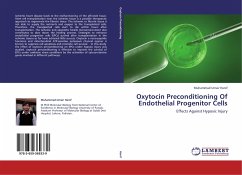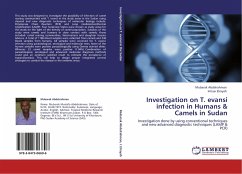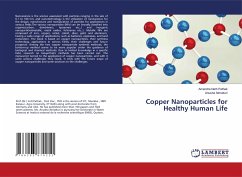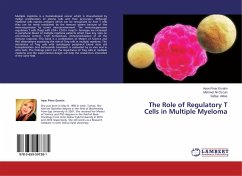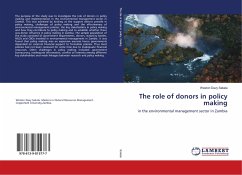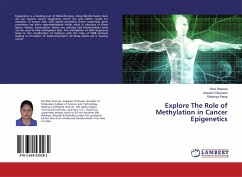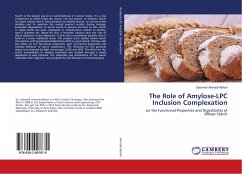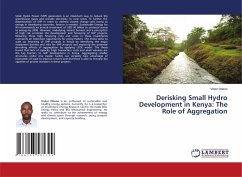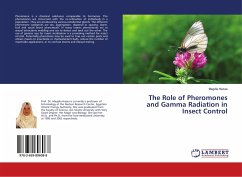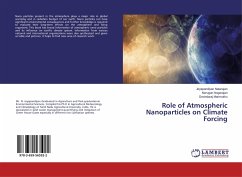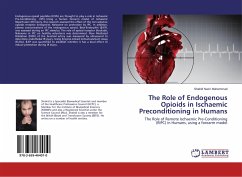
The Role of Endogenous Opioids in Ischaemic Preconditioning in Humans
The Role of Remote Ischaemic Pre-Conditioning (RIPC) in Humans, using a forearm model
Versandfertig in 6-10 Tagen
26,99 €
inkl. MwSt.

PAYBACK Punkte
13 °P sammeln!
Endogenous opioid peptides (EOPs) are thought to play a role in Ischaemic Pre-Conditioning (IPC). Using a human forearm model of Ischaemic Reperfusion (IR) injury, this research assessed the effect of the non-selective opioids receptor antagonist, Naloxone on protection by IPC. In addition, plasma concentrations of the endogenous opioid, Beta-Endorphin (beta-EP), was assessed during an IPC stimulus. The role of opioid receptor blockade, Naloxone in IPC on healthy volunteers was determined. Flow Mediated Dilatation (FMD) of the brachial artery was measured by ultrasound to determine endothelial...
Endogenous opioid peptides (EOPs) are thought to play a role in Ischaemic Pre-Conditioning (IPC). Using a human forearm model of Ischaemic Reperfusion (IR) injury, this research assessed the effect of the non-selective opioids receptor antagonist, Naloxone on protection by IPC. In addition, plasma concentrations of the endogenous opioid, Beta-Endorphin (beta-EP), was assessed during an IPC stimulus. The role of opioid receptor blockade, Naloxone in IPC on healthy volunteers was determined. Flow Mediated Dilatation (FMD) of the brachial artery was measured by ultrasound to determine endothelial IR injury. Using Enzyme-Linked Immunosorbent Assay (ELISA), beta-EP was quantified to establish whether it has a local effect to induce protection during IR injury.



